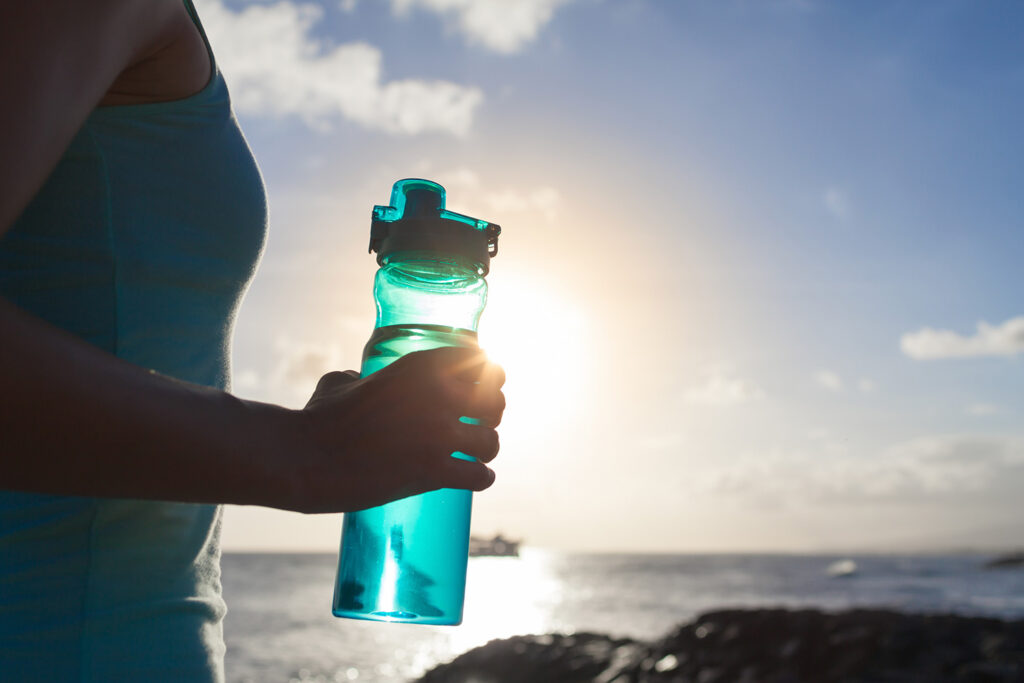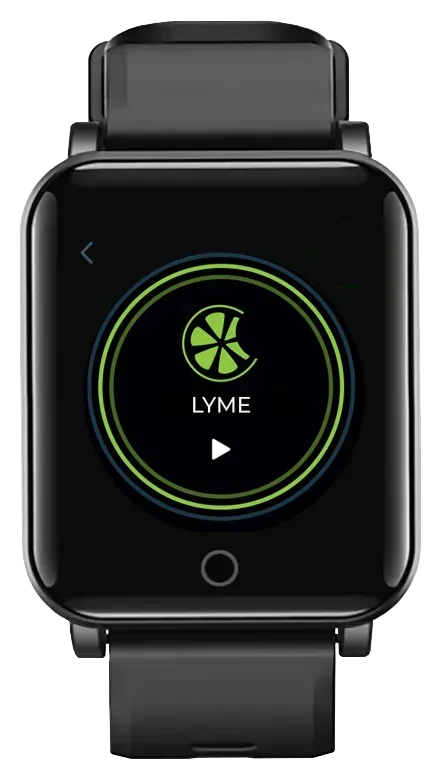There’s a free and easy way to reduce stress and support good mental health at the same time: just add water. Hydration is a key element in sustaining the intricate systems and cellular networks that keep our bodies functioning seamlessly. Simply drinking enough water during the day plays a major role in overall wellness and well-being. Without a healthy flow of water, we become vulnerable to a variety of symptoms, including dizziness, muscle fatigue, headaches, faintness, an elevated heart rate, and nausea – any or all of which can contribute to stress, anxiety, and other psychological disruptions.
How water works.
Every organ in our body, from the brain to the biceps, relies on water to function. Every bodily function is tied to hydration; transporting vital hormones, chemical messengers, and essential nutrients. Comprising over 60% of our bodies, water plays a pivotal role in regulating temperature, heart rate, and blood pressure. Beyond its internal functions, water has cosmetic effects as well, contributing to the maintenance of healthy and attractive skin, hair, and nails.
Chew your water.
Water isn’t the only liquid that will keep you hydrated. Alternatives like milk, many sports drinks and coconut water can also help to get the job done. Moreover, hydration isn’t limited to liquids– water-rich fruits such as watermelon (90% water), along with oranges, grapefruit, cantaloupe, and honeydew, contribute significantly. On the vegetable front, celery takes the lead, followed by cucumbers, green peppers, and Romaine lettuce. However, it’s crucial to be cautious about one liquid that counteracts healthy hydration: alcohol. If you’re enjoying a night out, making sure to intersperse any drinks with a glass of water can be a potent strategy for maintaining proper hydration.
Keep a cap on cortisol.
Cortisol, a natural hormone, plays a vital role in the body’s response to stress. Insufficient levels can negatively impact blood pressure, glucose metabolism, immune function, and insulin response. The right amount helps heighten energy and rational responses to situations. Conversely, an excess of cortisol can trigger an exaggerated fight-or-flight response, leading to heightened stress. Managing cortisol levels is crucial, and a key factor in achieving this balance is maintaining healthy hydration.
Go with the flow.
To maintain optimal hydration levels, you should aim to drink between half an ounce to an ounce of water for every pound of body weight daily. For instance, if you weigh 150 pounds, your target should range from 75 to 150 ounces of water per day. Athletes and individuals in warmer climates may lean towards the higher end, while those in cooler environments or with a less active lifestyle may require less. A useful indicator of hydration status is the color of your urine, known as the P-Factor. A lighter color suggests good hydration, while less frequent and dark urination signals dehydration. Other clues to dehydration include thirst, dry mouth, dry skin, low blood pressure, muscle cramps, constipation, fatigue, and headaches.
Get a NIKKI.
Proper hydration keeps things moving. The wearable NIKKI is designed to help by restoring and optimizing function in the network of billions of cells that make up the human body. Drink up, touch “STRESS” on your NIKKI and relax!


